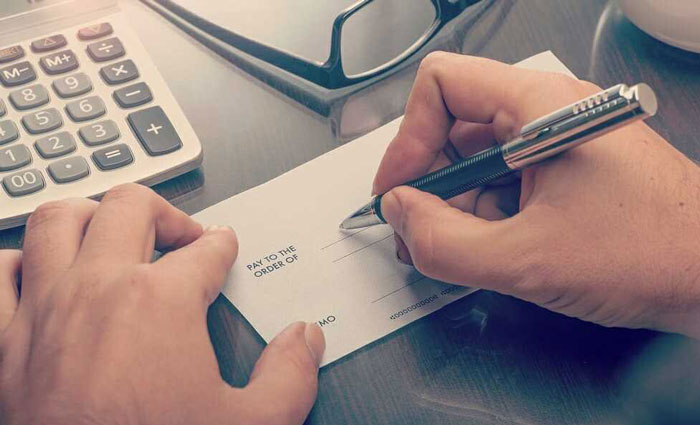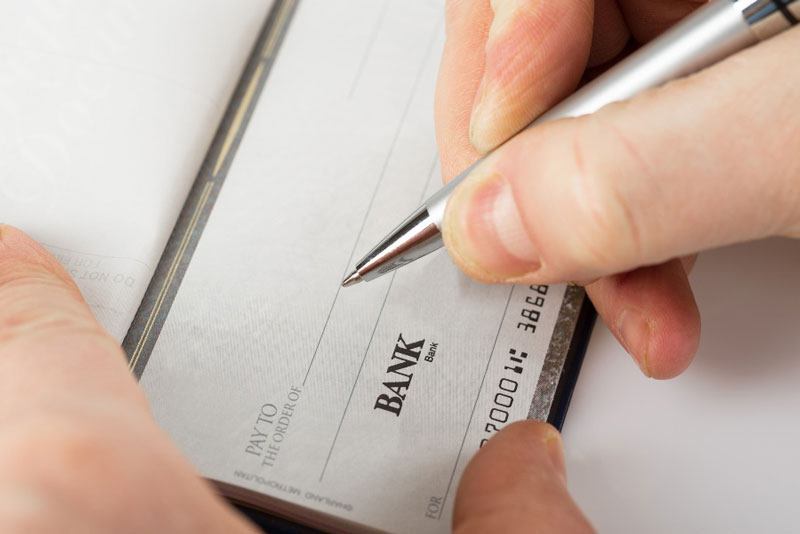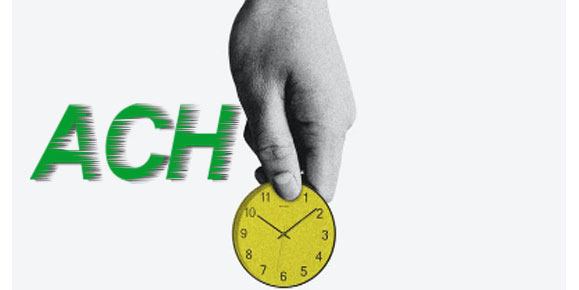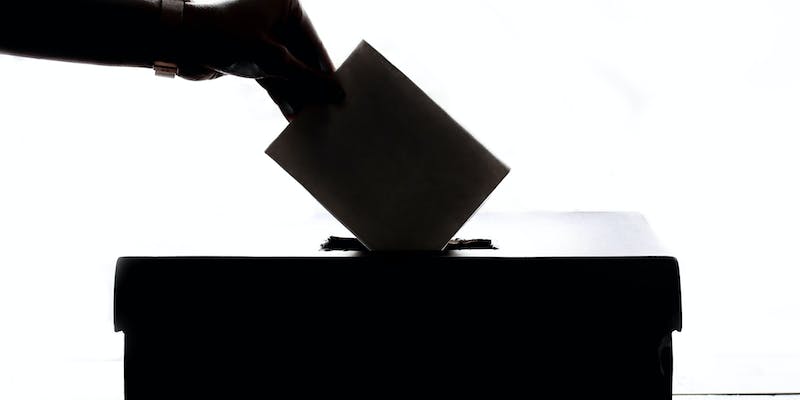How Do Checks Work?
Oct 23, 2023 By Triston Martin
A check is a slip of paper issued by a financial institution that permits you to conduct the transaction of money between two or three people. It is a substitute for exchanging currency in physical form, which is an extremely risky option, especially when trading huge amounts of money. For checks to function, they must satisfy certain conditions. The person writing the check, also known as the payer, has to ensure that they have enough cash in their account at the bank to cover the amount. The check must be signed and dated with the amount to be transferred printed in the center of the document.
The person paying the check to whom the check was issued can cash or cash the check only when all the information provided is accurate. When the person paying the check is at the bank to have an account processed for the payment, the institution conducts an array of security checks to ensure that the person paying the check is the actual recipient of the check. Once this is done, banks start depositing checks are done at Federal Reserve Banks. Then Federal Reserve clears the checks to allow them to be processed by the person who is paying them. While checks are still used nowadays, they're not as popular as before. Mobile banking and credit and debit cards are rapidly replacing checks.
How to Do It
To make a payment to a person else or a business, confirm that the bank is willing to accept the document. If you're approved, you can endorse the reverse of the check with your signature. Certain banks require that you sign "Pay to the order of [Person's First and Last Name]" under your signature. Others only require the person who deposits the check to sign it under your signature. After that, give the check to the individual to deposit the check or cash.
Will the Bank Allow a Third-Party Check?
Some banks may not be able to accept checks that are transferred to a third party (that is, anyone other than the writer of the check and the original payer). It's legal to do, but banks aren't required to respect your requests. There are policies that banks have against this type of behavior. They may also believe that a check from a third party could be a red flag; therefore, they may refuse to pay or deposit these checks.
It's not a good idea to add additional signatures or names on the back of your check (which could create delays and confusion when you want to cash your check). Check to see if it's permitted first, then learn the rules. Always inquire with the recipient to confirm that they accept checks from third parties. Banks are lending your money to someone other than yourself when you take this method. The risk is usually too high for them to take. If a bank cannot verify your identity or signature, they must rely on the word of the third party claiming it.

Depositing a Check for Somebody Else

If you are approached by someone to make a deposit on a check that has been written to them, take a step back before you sign the check. You're risking your cash if you sign. If your check is rejected, the bank will ask you to return the funds even though the check was sent to a friend or someone completely different--and you were trying to perform a favor. If you deposit a faulty check, the money is eventually taken from your account. It is possible to get money from your friend, but it is usually difficult. The bank could take additional actions, such as the freezing or closure of your account.
Be wary of agreeing to cash a cheque for someone else, as it's likely a fraud. What happens if you lose money by helping someone else? The bank may permit you to cash out of a check right away, or if the money is deposited in your account balance and make it appear that you can spend all the money, you wish to. After that, your bank process the check and then tries to get the money. It could take a few days or weeks for the bank to find that the check was not legitimate, so you shouldn't hand cash until you believe in the person you're aiding. You'll have to contact for the person's name if you can locate the person--and perhaps bring legal action to recover the cash.

ACH vs. Wire Transfers: What's the Difference?

Decoding Add-On Interest: Unraveling the Complexity of Borrowing

The Complete Guide to Several Ways to Exchange Your Coins for Cash

Fred Loya Auto Insurance

Your Ultimate Guide to Getting Student Loans for Trade School

Avoiding 7 Common Home Purchasing Errors

Real Estate Closing Procedures

What's the Difference Between Contango and Regular Backwardation?

83(b) Election Guide: When and How Should You File With Tax Strategy?

